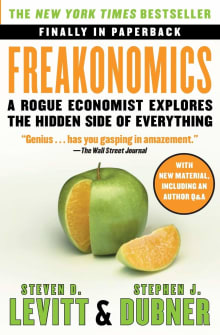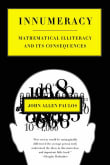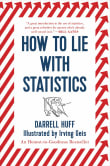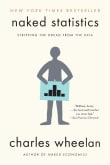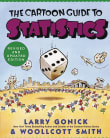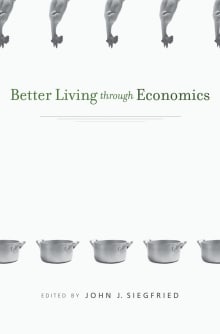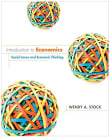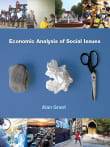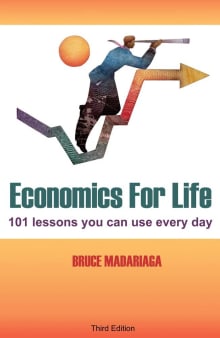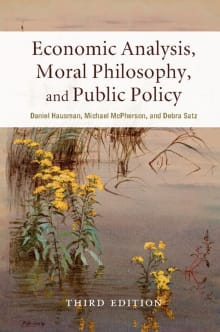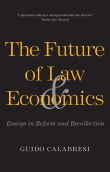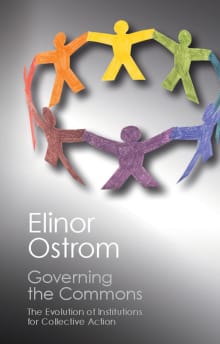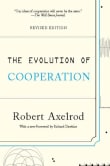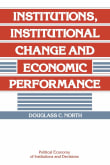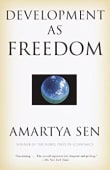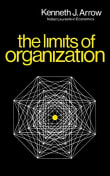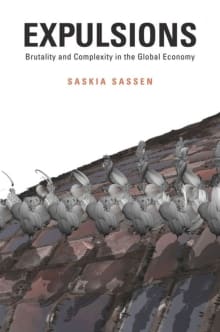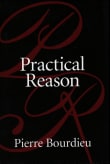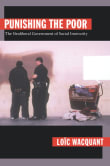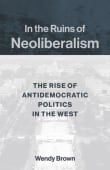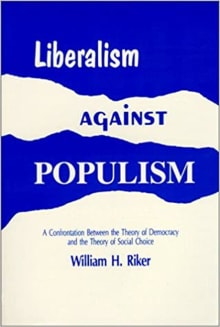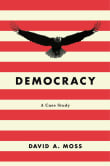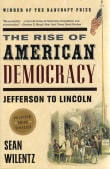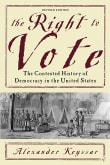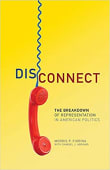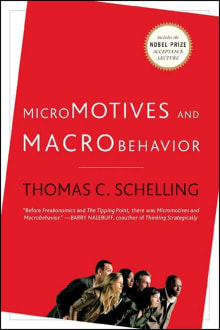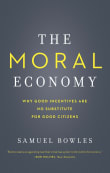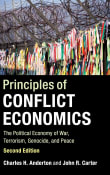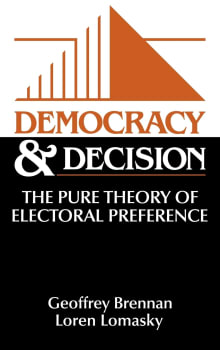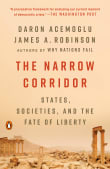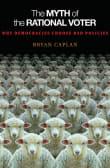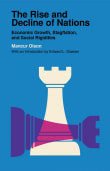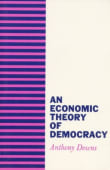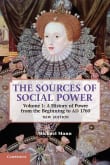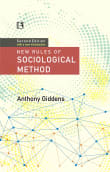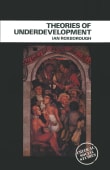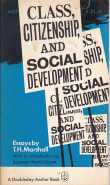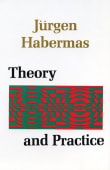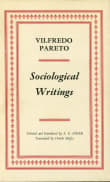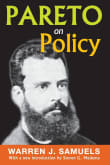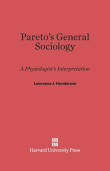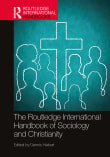Why am I passionate about this?
I taught for 45 years at Ithaca College broken by two years as Fulbright Professor in West Africa at the University of Liberia. During my years in academia, I developed several new courses including a popular “Math in Africa” class and the first U.S. course for college credit in chess theory. I’ve always had a passion for and continue to have strong interests in (1) national educational and social issues concerning equal access to math education for all and (2) teaching others about the power of mathematics and statistics to help one more deeply understand social issues.
Martin's book list on statistical insights into social issues

Why did Martin love this book?
Steven Levitt, Professor of Economics at the University of Chicago, has written a thoughtful book at the layperson level to help one understand how mathematical and economic tools provide insights into sensitive social issues from racism to abortion.
He delves into predicting the long-term consequences of short-term decisions. This book is not intended for the college classroom, and it is controversial, but I found it to be a fascinating read.
6 authors picked Freakonomics as one of their favorite books, and they share why you should read it.
The legendary bestseller that made millions look at the world in a radically different way returns in a new edition, now including an exclusive discussion between the authors and bestselling professor of psychology Angela Duckworth.
Which is more dangerous, a gun or a swimming pool? Which should be feared more: snakes or french fries? Why do sumo wrestlers cheat? In this groundbreaking book, leading economist Steven Levitt—Professor of Economics at the University of Chicago and winner of the American Economic Association’s John Bates Clark medal for the economist under 40 who has made the greatest contribution to the discipline—reveals that…
